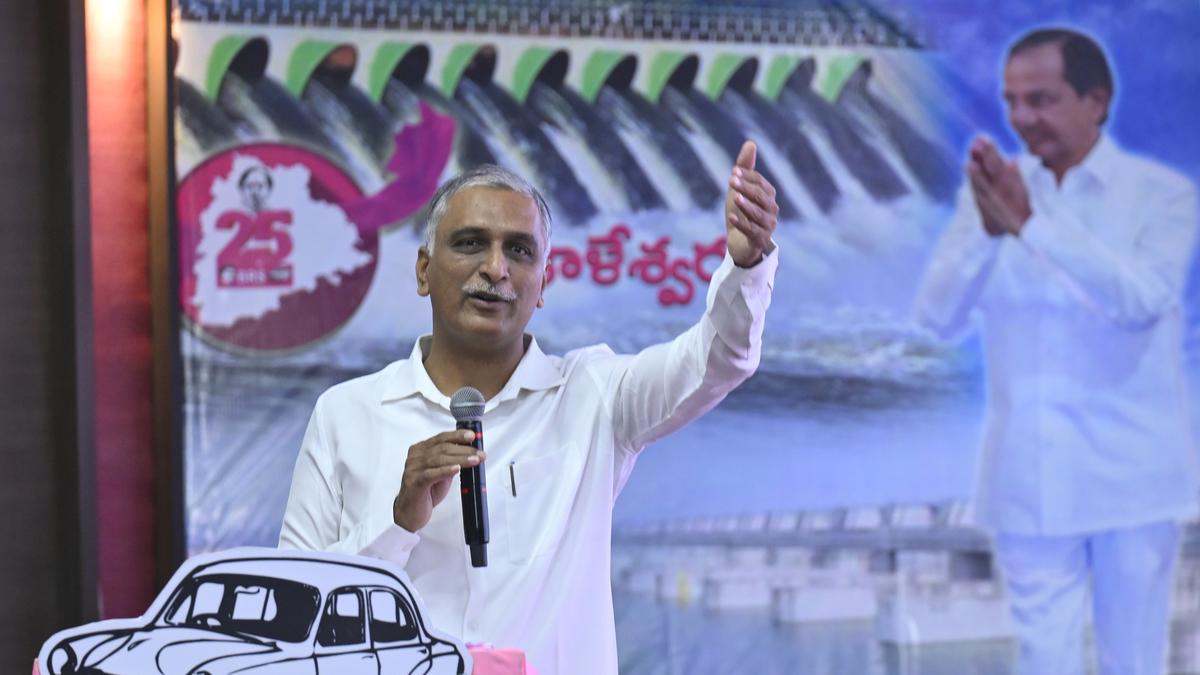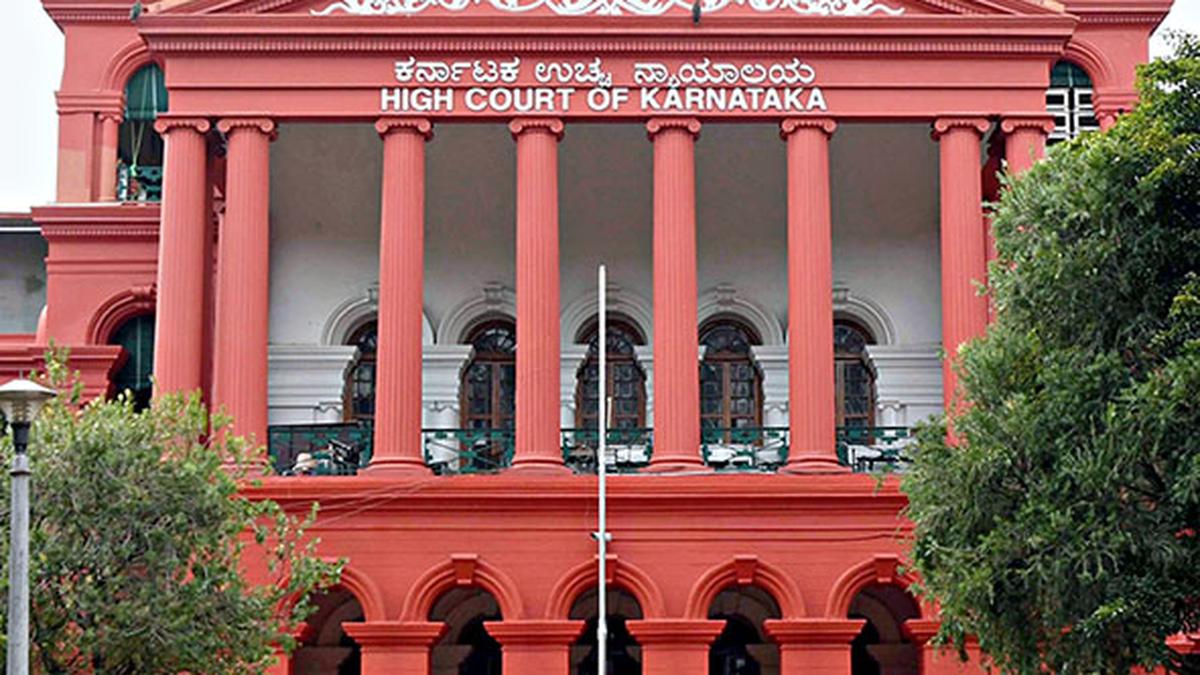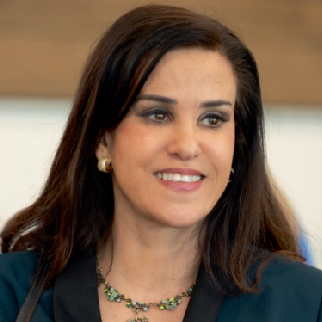Now Reading: BRS to Counter Commission’s Report on KLIP in Assembly: Harish Rao
-
01
BRS to Counter Commission’s Report on KLIP in Assembly: Harish Rao
BRS to Counter Commission’s Report on KLIP in Assembly: Harish Rao

Quick Summary:
- Senior Bharat Rashtra Samithi (BRS) leader T. Harish Rao has criticized the PC Ghose commission’s report on the Kaleshwaram Lift Irrigation Project (KLIP), calling it “baseless.”
- Chief Minister A. Revanth Reddy announced that the Commission’s findings will be debated in a special session of the Assembly.
- The report reportedly holds former CM K. Chandrashekar Rao responsible for irregularities in executing KLIP; however, Harish Rao emphasized that the project decisions were approved by the Cabinet adn Assembly at the time.
- Harish Rao accused Congress, led by Revanth Reddy, of distorting facts to tarnish KCR’s reputation and alleged political motives involving BJP as well.
- He defended shifting KLIP’s barrage site from Tummidihatti to Medigadda, citing recommendations from expert committees and approval by 11 Central agencies, including CWC and Union Minister Uma Bharati during discussions on water availability concerns.
- The decision-making process involved retired engineers confirming Medigadda as technically suitable with modifications recommended for pumping routes.
- Critical remarks were directed toward NDSA for alleged hasty inspections at Medigadda while comparisons were drawn to repeated structural failures at polavaram Dam.
- Congress was also criticized for failing to obtain any approvals during their decade-long tenure for earlier irrigation projects like Pranahita-Chevella Sujala Sravanthi.
indian Opinion Analysis:
The ongoing debate over KLIP reflects significant political contention surrounding mega irrigation projects in India, which serve both developmental aims and regional interests such as water security and agricultural benefit. Tensions between BRS leadership defending technical decisions involving expert advisories and Cabinet oversight against allegations of irregularities could impact public trust in major infrastructure undertakings.
Harish Rao’s emphasis on approvals from central agencies suggests an effort to bolster legitimacy but also highlights complexities tied to multi-tiered governance where state projects intersect with national regulatory bodies like CWC or NDSA. If valid evidence is provided backing these claims during assembly debates, openness may help resolve disputes diplomatically rather than politicizing critical resource management initiatives further.
The criticism against Congress regarding past stagnation in securing relevant permissions emphasizes competitive narratives about efficiency-a common theme within India’s coalition-driven administrative landscape-yet it remains essential not only how procedural divergences arise but whether adequate checks/balances genuinely enforce preventive safeguards ahead long term systems reducing avoidable interparty-associated risks altogether.rnrnread More: Source

























